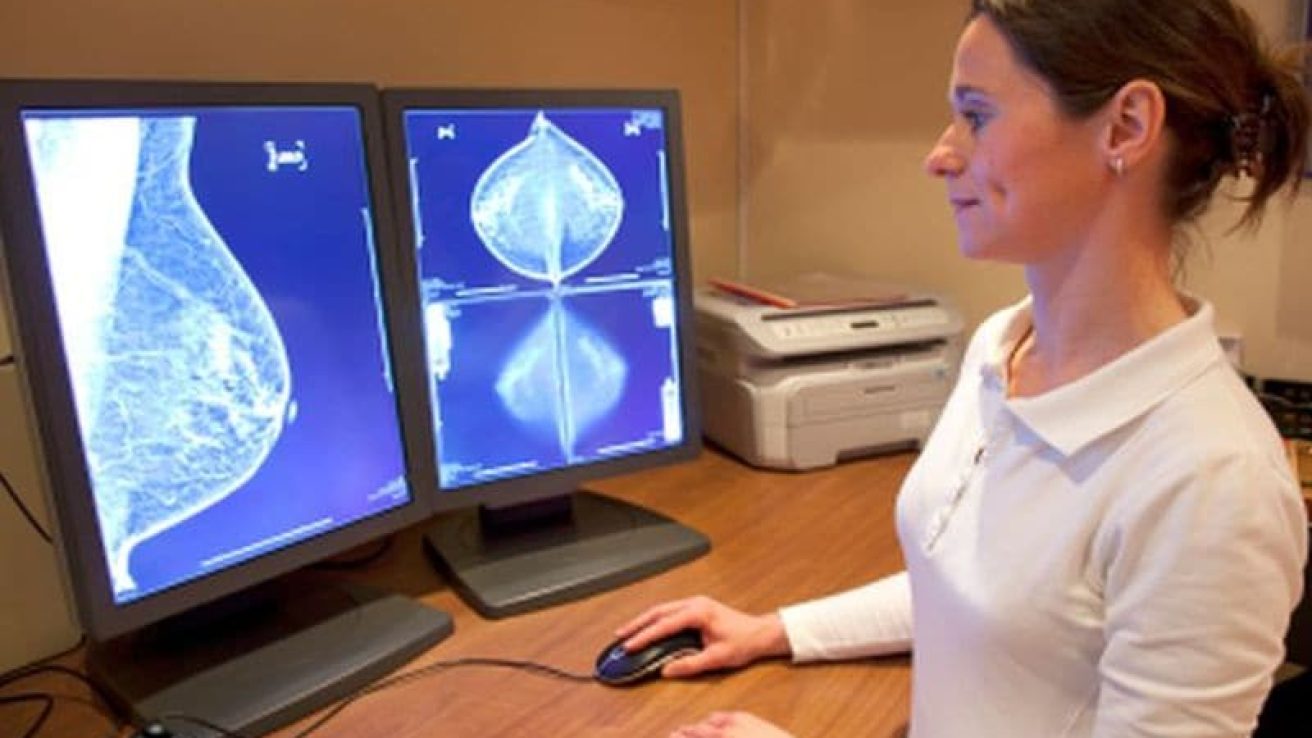FRIDAY, Oct. 2, 2020 (HealthDay News) — There is a threefold higher risk for dying of breast cancer after a diagnosis of ductal carcinoma in situ (DCIS), according to a study published online Sept. 16 in JAMA Network Open.
Vasily Giannakeas, M.P.H., from University of Toronto, and colleagues used the Surveillance, Epidemiology and End Results (SEER) database to identify 144,524 women who had a first primary DCIS diagnosis between 1995 and 2014. Women were followed through March 2020 to identify risk for dying of breast cancer.
The researchers found 1,540 deaths from breast cancer in the cohort. Using the SEER-based incidence and case-fatality rates, 458 breast cancer deaths would have been expected in the general population. Among women with DCIS, the standardized mortality ratio for death from breast cancer was 3.36. More than 15 years after diagnosis, the elevated risk for death persisted.
“This suggests that our current treatment focus on preventing invasive recurrence is insufficient to eliminate all deaths from breast cancer after DCIS,” the authors write.






